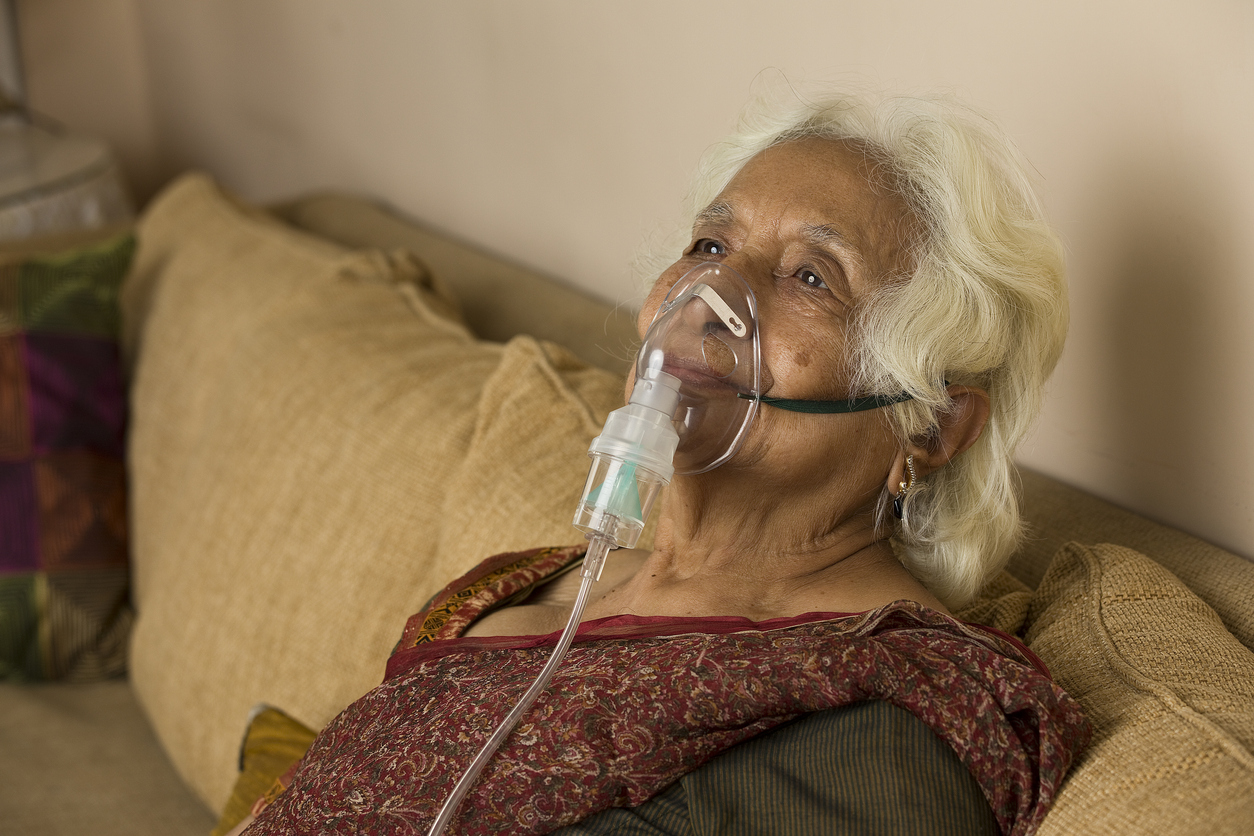Is Tamil Nadu's Respiratory Health System Falling Short? Study Reveals Gaps

The Need for a Stronger Respiratory Health System in Tamil Nadu
Tamil Nadu, a state renowned for its rich cultural heritage and economic progress, is now facing a pressing health challenge: respiratory diseases. A recent study highlights significant gaps in the respiratory health system, emphasizing the urgent need for reforms and enhanced infrastructure. This article delves into the findings of the study, the implications for public health, and actionable steps that can be taken to strengthen the respiratory health system in Tamil Nadu.
Understanding the Current Landscape of Respiratory Health in Tamil Nadu
Respiratory diseases, including asthma, chronic obstructive pulmonary disease (COPD), and pneumonia, pose a substantial health burden in Tamil Nadu. According to the study, these conditions account for a considerable percentage of hospital admissions and outpatient visits. However, the current health system is ill-equipped to manage this growing challenge.
The study reveals that many healthcare facilities lack adequate resources and trained personnel to provide comprehensive respiratory care. Moreover, seasonal monitoring is insufficient for a problem that persists year-round. The need for continuous surveillance and improved lab capacity is paramount.
Identifying the Gaps in Respiratory Health Care
The study identifies several critical gaps in the respiratory health system in Tamil Nadu, including:
- Lack of Year-Round Surveillance: Seasonal monitoring fails to capture the true burden of respiratory diseases, leading to delayed interventions.
- Insufficient Laboratory Capacity: Many healthcare facilities lack the necessary lab infrastructure to perform timely diagnostics, which hampers effective treatment.
- Limited Private Sector Participation: The involvement of private hospitals in respiratory health initiatives is minimal, reducing access to care for many patients.
- Inadequate Training for Healthcare Providers: A shortage of trained professionals in respiratory care leads to misdiagnosis and ineffective treatment strategies.
The Importance of Continuous Surveillance
The study strongly advocates for year-round surveillance of respiratory health. By shifting the focus from seasonal monitoring to continuous assessment, health authorities can better understand the prevalence and patterns of respiratory diseases throughout the year. This proactive approach allows for timely interventions and resource allocation, ultimately improving health outcomes.
Continuous surveillance can facilitate:
- Data-Driven Decision Making: Health officials can make informed decisions based on up-to-date epidemiological data.
- Early Detection of Outbreaks: Identifying spikes in respiratory illness can trigger swift public health responses.
- Targeted Health Programs: Tailoring health programs to specific populations or regions based on real-time data enhances their effectiveness.
Enhancing Laboratory Capacity
The need for improved laboratory capacity cannot be overstated. The study indicates that many healthcare facilities lack essential diagnostic tools for respiratory diseases. Investing in laboratory infrastructure is vital for:
- Accurate Diagnosis: Advanced diagnostic tools can lead to more accurate diagnoses and better treatment outcomes.
- Timely Treatment: Quick laboratory turnaround times enable timely initiation of treatment protocols.
- Research and Development: Enhanced lab capacities can foster research into respiratory diseases, leading to better understanding and innovative treatment options.
Promoting Private Sector Involvement
The role of private hospitals in the respiratory health system is currently underutilized. The study emphasizes the importance of fostering greater collaboration between public and private healthcare sectors. This collaboration can take several forms:
- Joint Health Initiatives: Public-private partnerships can lead to the development of comprehensive health programs targeting respiratory diseases.
- Resource Sharing: Private hospitals can provide additional resources and expertise to supplement public health efforts.
- Awareness Campaigns: Collaborating on awareness campaigns can educate the public on respiratory health and encourage preventive measures.
Training and Capacity Building for Healthcare Providers
To effectively address respiratory health issues, healthcare providers must be adequately trained. The study underlines the need for targeted training programs for healthcare professionals, focusing on:
- Diagnosis and Treatment: Training on the latest diagnostic techniques and treatment protocols for respiratory diseases.
- Patient Management: Enhancing skills in managing chronic respiratory conditions and providing patient education.
- Emergency Care: Preparing providers to handle respiratory emergencies effectively.
Integrating Community Health Initiatives
A strong respiratory health system must also engage with the community. The study suggests integrating community health initiatives to promote awareness and preventive measures. This can include:
- Health Education Programs: Educating the public about the risks of respiratory diseases and the importance of early intervention.
- Screening Camps: Organizing community screening camps to identify individuals at risk for respiratory conditions.
- Support Groups: Establishing support groups for patients with chronic respiratory diseases can provide emotional and psychological support.
Policy Recommendations for a Stronger Respiratory Health System
Based on the study's findings, several policy recommendations can be made to strengthen the respiratory health system in Tamil Nadu:
- Establish a Statewide Respiratory Health Program: Implement a comprehensive program focused on prevention, early detection, and management of respiratory diseases.
- Increase Funding for Respiratory Health Initiatives: Allocate additional resources for research, training, and public health campaigns targeting respiratory health.
- Strengthen Data Collection Mechanisms: Enhance the capacity for data collection and analysis to inform policy decisions and health interventions.
Conclusion: A Call to Action
As Tamil Nadu grapples with the growing burden of respiratory diseases, the findings of this study serve as a clarion call for immediate action. The need for a stronger respiratory health system is clear; it requires collaborative efforts from government, healthcare providers, and the community. By addressing the identified gaps and implementing the recommended strategies, Tamil Nadu can pave the way for a healthier future.
What steps do you think should be prioritized to improve respiratory health in Tamil Nadu? Let’s work together towards a healthier tomorrow. #RespiratoryHealth #TamilNadu #PublicHealth
Frequently Asked Questions
What are the most common respiratory diseases in Tamil Nadu?
The most common respiratory diseases in Tamil Nadu include asthma, chronic obstructive pulmonary disease (COPD), pneumonia, and tuberculosis. These conditions significantly impact public health and require targeted interventions.
Why is year-round surveillance important for respiratory health?
Year-round surveillance is crucial because respiratory diseases can occur at any time of the year. Continuous monitoring helps identify trends, outbreaks, and high-risk populations, allowing for timely public health responses and interventions.
How can private hospitals contribute to respiratory health initiatives?
Private hospitals can contribute by partnering with public health authorities, sharing resources, and participating in health programs. Their involvement can enhance access to care and improve overall respiratory health outcomes.
What training is needed for healthcare providers in respiratory care?
Healthcare providers require training in the diagnosis and management of respiratory conditions, including the latest treatment protocols, patient education, and emergency care techniques to effectively treat patients with respiratory diseases.
Published: 2025-07-21 01:32:37 | Category: Uncategorized



